Your Guide to the INFJ and INTJ Relationship
Over the last couple of years, I’ve received numerous requests for a post about INFJ and INTJ relationships. This pairing is extremely rare, simply because these two types combined only compose 3.6% of the US population! If they are lucky enough to meet each other, they tend to have an instant spark because of their shared dominant function: Introverted Intuition.
In some ways, these two are kindred spirits. They observe life in much the same way and enjoy similar topics of conversation. In other ways their differences can create tension; after all, the INFJ prefers feeling and the INTJ prefers thinking. This article will explore some of the amazing strengths of this relationship, and some of the pitfalls that are common in this relationship.

Not sure what your personality type is? Take our new personality questionnaire here. Or you can take the official MBTI® here.
Table of contents
- Dynamic Duos – When INFJs and INTJs Fall in Love
- The Strengths of the INFJ and INTJ Relationship
- The Pitfalls of the INFJ and INTJ Relationship
- INFJs and INTJs Express Their Emotions Differently
- These Types Both Have a Different Thinking Process.
- Strengths of The INFJ/INTJ Relationship:
- Weaknesses of the INFJ/INTJ Relationship:
- What Are Your Thoughts?
- Other Articles You Might Enjoy:
Estimated reading time: 13 minutes
Dynamic Duos – When INFJs and INTJs Fall in Love

The Strengths of the INFJ and INTJ Relationship
To start off, let’s take a look at what INFJs and INTJs have in common. Both INFJs and INTJs have dominant Introverted Intuition. This means that they both focus on intangible connections, abstract relationships, and connections between the unconscious and the environment. They are both seekers, exploring future implications and possibilities. Together they search for grand patterns, themes, and the overall meaning of every situation they encounter. They are both drawn to complexity and are on a quest to understand the “dance of the universe”. Long, intellectual discussions will highlight their relationship, and many a night will probably be spent reading books and discussing theories together.
INFJs and INTJs are both introverts.
They both energize themselves by drawing inwards and exploring their inner thoughts and ideas. Usually, there’s not a great deal of pressure from either partner for the other to “extrovert” too much. At the same time, INFJs tend to be more relational than INTJs, and they are also much more open with their feelings. This can create some difficulty as the INFJ seeks transparency from a partner, and the INTJ tends to be more on the private side.
INFJs and INTJs are both judging types.
In their outer world they both prefer a certain amount of structure. They like having a plan for the day, knowing what to expect, and having closure on major decisions. Because both INTJs and INFJs have dominant perceiving functions, however, they don’t usually fit the typical “judger” stereotype. If both types are immersed in a theory or idea for the future they can completely ignore their organized plan and get lost in a bubble of theorizing and chasing down ideas and revelations.
INFJs and INTJs both have inferior Extraverted Sensing (Se).
This means that both will get stressed by similar things and therefore be understanding and accommodating to each other. Neither will like a lot of chaos and noise, both will focus more on the big-picture than details, and both will occasionally have moments of impulsive, possibly thrill-seeking behavior. After a week alone mulling over theories, they both may cast aside their books and go skydiving or rock climbing. They both will appreciate beautiful surroundings and the “finer things” in life. Funnily enough, this can confuse them both because intuition is always trying to look beyond the concrete, yet inferior sensing wants to indulge in the concrete.
Both types are independent
Both INTJs and INFJs are extremely independent people. They don’t usually chase after relationships, and they both tend to be happier in a single life than many other types. They both are usually open to the other exploring their own interests, and they both like time to themselves and a certain amount of privacy. This relationship can be very invigorating to both partners because they enjoy meeting together over the same subjects, but are happy to quietly pursue their own independent interests as well, without pressure from the other to do everything together.
Both types are skeptical
Both types aren’t afraid to bypass tradition, regulation, or generations to question practices and methods that don’t make sense to them. They both have a tendency to play devil’s advocate and question what is commonly accepted. They almost never take anything at face value. This can result in them both debating each other sometimes.
Both types are visionary and goal-oriented
Both types have a knack for envisioning a future goal and then working their way backward to figure out how to get there. According to Building Blocks of Personality Type, Introverted Intuition (their leading process) is “The vision that guides strategic planning”.
The Pitfalls of the INFJ and INTJ Relationship
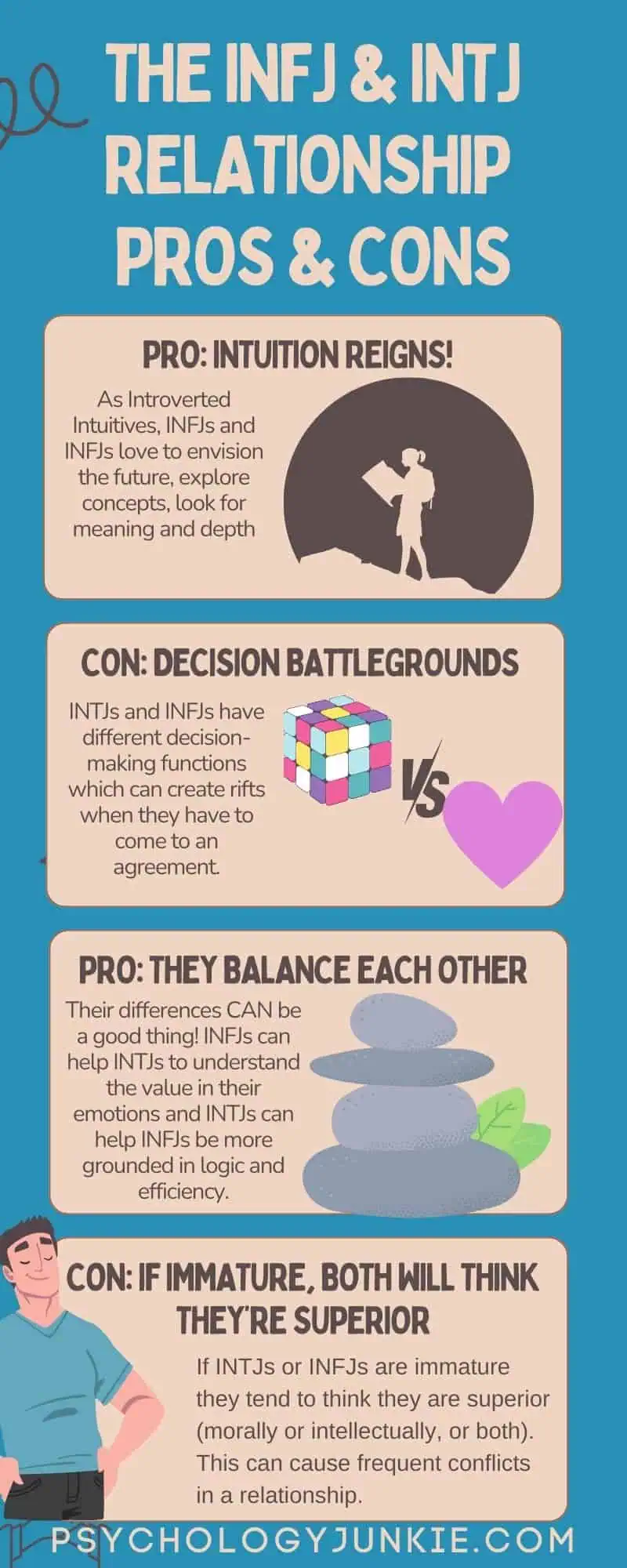
No relationship is without its weaknesses, so now let’s discuss some of the common pitfalls that INFJs and INTJs encounter.
INFJs and INTJs Have Different Ways of Making Decisions
INFJs decide using a process called Extraverted Feeling (Fe). INTJs decide using a process called Extraverted Thinking (Te). When faced with a decision, INFJs will first consider what will maintain harmony, how people will be impacted, and their personal connections with other people. INTJs will first consider what is objective and logical, what the pros and cons are, and what has the best cause and effect. Feeling is inherently personal and thinking is inherently impersonal.
INTJs are skilled at compartmentalizing their feelings in order to focus on logic. INFJs are skilled at moving the “head” matters of logic to the side to look at the emotional impacts of a decision. At a mature level, they will both consider both. But even then there will always tend to be a bias towards one particular direction (Thinking or Feeling).
Because of this divide in how both types approach decisions, there can be conflict when they both need to reach an agreement. The INFJ can feel that the INTJ is being uncaring or undiplomatic. The INTJ can think that the INFJ is taking things too personally and needs to focus on facts rather than worry about values and emotional impacts. They both also tend to be very stubborn about their views on things, so when they need to buckle down and come to an agreement they can both dig in their heels for a long time. Usually how this ends (in my observation) is that INFJs eventually try to find a compromise. Their desire for harmony eventually leads them to look for a win-win situation. Over time, however, this can lead to resentment on the part of the INFJ.
Both parties have a gift for seeing things from multiple perspectives. If they can use this gift to their advantage in decisions then less of these stand-offs will occur and the relationship will go more smoothly.

INFJs and INTJs Express Their Emotions Differently
INFJs in long-standing relationships want to be able to express their feelings on a regular basis. Because they have extraverted feeling rather than introverted feeling, they need to express their emotions externally in order to understand them. They want to be transparent with their partner about how they feel.
INTJs, in contrast, use a process called introverted feeling (Fi). Tertiary Fi internalizes emotions and feelings and, as a result, INTJs are very private about these things. They don’t feel the compulsion to discuss their feelings, and many times they think their own emotions are irrelevant. This can cause the INFJ to feel like a “blabbermouth” and become self-conscious about sharing their feelings. In turn, they may also feel like they have no place to organize their feelings and sort them out. They may feel that their partner is uncaring or thoughtless or a bad listener. INTJs also can feel that INFJs are too sensitive. They can get tired of being asked to share their feelings. Over time they may see the INFJ as intrusive or pushy in their efforts to draw out their emotions.
It’s important for both partners to respect each other’s way of handling emotions. INFJs need to respect the INTJ’s need for emotional privacy and INTJs need to respect the INFJ’s need to express their feelings and “talk them out”.
Think of it like this:
INTJs extravert their impersonal thoughts. They put them down in diagrams, charts, and in writing. It’s important to them to explain the logic of their decisions and to be able to “think out loud.” Sometimes extraverted thinking takes the form of delegating, deciding, and planning according to objective, logical analysis. Sometimes it takes on the form of a “should” as what people should be doing logically or how people should organize their time. INFJs extravert their personal thoughts and values. They need to either write about them or express them in some way. Often they will tell a trusted individual how they feel, or they analyze their choices and their impact on others. They need to direct their people-centered analysis outwards. Sometimes this takes the form of imposing a “should” on others as to how they should treat other people or how everyone should get along.
If both types take the time to respect and appreciate the other’s extraverted process (thinking or feeling) then their relationship will be much more harmonious. INFJs need to understand that just because INTJs don’t show their values and feelings that doesn’t mean they don’t have them. INTJs need to understand that just because INFJs don’t direct their thinking outwardly doesn’t mean they don’t use logic (they use introverted thinking).
These Types Both Have a Different Thinking Process.
INTJs use a process called Extraverted Thinking (Te). This function focuses on the objective, external world and is concerned with organizing systems and assigning all information into an external framework. INTJs want to evaluate, decide, and complete tasks using a system of binary judgments. They want to structure and organize the external world, bring their intuitions into outer reality, and apply objective logic to guidelines, policies, and procedures.
INFJs use a process called Introverted Thinking (Ti). Introverted thinking applies objective logic to an inner framework, works through logical analysis inwardly, and seeks inner precision and accuracy. Inwardly they like to analyze, solve problems, categorize ideas, and find precise words to describe something. INFJs who use Ti can be quick to spot logical inconsistencies but less quick to recognize what is logically true.
While both of these processes are good, and both are technically in the thinking realm, they both tend to clash with each other a little bit. Just as INFJs can fail to see the emotions and values of the INTJ because their feeling process is introverted, INTJs can fail to see the analysis and logic of the INFJ because their thinking process is introverted. Te-users tend to see Ti-users as disorganized, inefficient, and too focused on evaluating to take action.
INFJs (and all Ti-users) can see expressions of Extraverted Thinking as bossy, judgmental, or too quick to decide. Ti-users dislike binary judgments and imposed order, whereas Te-users try to narrow everything down into a true/false, right/wrong dichotomy and they do focus on ordering their outer world or delegating.
What do we do about this misunderstanding?
Well, first we need to actually understand where the other person is coming from. Recognize the gifts of the other individual. Healthy Extraverted Thinking is extremely efficient, productive, goal-oriented, and objective. Healthy Introverted Thinking is extremely analytical, precise, and principled in logic. Neither one is better or worse than the other.
INFJs can understand that when an INTJ is processing their thoughts, they aren’t necessarily being judgmental or mean. Meanness or niceness isn’t part of the equation to them, they’re just trying to find the most efficient, correct way to do something. They can love someone tremendously and still point out errors in logic and they would be happy for someone else to point out if there is an error in their logic as well.
INTJs can understand that when INFJs are processing something logically or trying to solve a problem, they will go inwards and try to solve it in a more private way. Interruptions, talking it out, or “extraverting” that process can throw them off. They also don’t desire to impose order on others and have a hard time delegating in many cases. When INTJs try to “fix” a problem that an INFJ is having, the INFJ can find it as overly intrusive and meddling in the same way that INTJs can find INFJs intrusive when they try to draw out their emotions.

Strengths of The INFJ/INTJ Relationship:
- Both types are goal-oriented and can help motivate each other to reach their biggest dreams.
- Each of these types are big-picture people who love exploring ideas and possibilities for the future.
- Both are independent and analytical.
- Loyalty and commitment is important to both types.
- Both are good at foreseeing future implications and planning accordingly.
- The introversion needs of both types will be respected.
- Both support each other’s need for closure in decisions.
Weaknesses of the INFJ/INTJ Relationship:
- They can clash in decision-making because of the thinking/feeling divide.
- INTJs can see INFJs as too sensitive and INFJs can see INTJs as too cold
- INFJs tend to be more relational and want a more transparent relationship, and INTJs are more reserved.
- Both tend to be very stubborn and single-minded and can have intense debates over disagreements.
- INTJs, when provoked, tend to take on a superior attitude. INFJs, when provoked, tend to take on a morally righteous attitude. They can have power struggles and refuse to back down.
Tips for INTJs in Relationships with INFJs:
- Learn about the INFJ personality type! The more you know, the easier it will be.
- Be patient of the INFJs feelings. Understand that even if their feelings don’t seem logical, they are still valid.
- Listen attentively.
- Respect their empathy and warmth.
- Ask their advice when it comes to relationships, handling other people’s feelings, or understanding their motivations.
- Try to express your feelings. When you clam up it can make the INFJ think you’re mad at them or dislike them.
- Don’t assume that since they don’t outwardly express their logic all the time they aren’t thinking analytically.
Tips for INFJs in Relationships with INTJs:
- Learn about the INTJ personality type! The more you know, the easier it will be.
- Be direct in expressing what you want and need in the relationship. Don’t expect your partner to just “get” it.
- Listen attentively.
- Respect your partner’s expertise and knowledge. If you’re unsure of their logic, question them privately, not publicly.
- Ask for your partner’s opinion on projects and goals you wish to pursue. Ask for help in coming up with an efficient plan of action.
- Don’t assume that since they don’t outwardly express their feelings all the time that they don’t have them.
What Are Your Thoughts?
I’d love to hear from YOU! Have you been in this relationship before? Do you have any tips or ideas to share with others? We could all benefit from your story! Leave a comment and let us know what you think!
If you’re an INFJ and you’d like to discover more about your personality type, you can check out my eBook, The INFJ: Understanding the Mystic.
If you’re an INTJ and you’d like to explore more about your personality type, you can find much more in my eBook, The INTJ: Understanding the Strategist.
Other Articles You Might Enjoy:
3 Weird and Wonderful Secrets About the INTJ
10 Things INFJs Look For in a Relationship
3 Weird and Wonderful Secrets About the INFJ
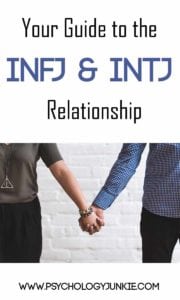


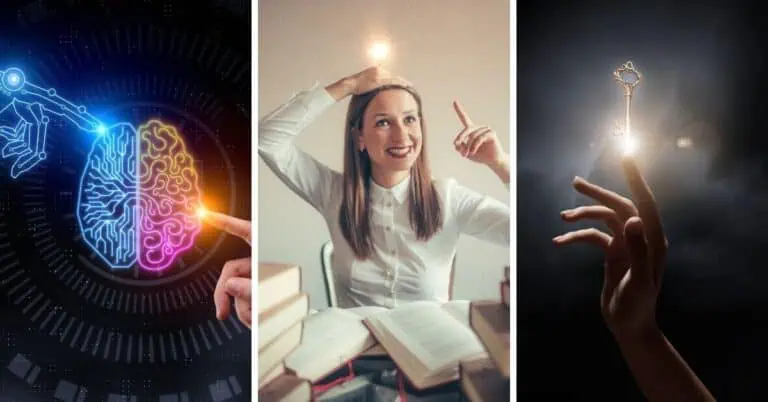

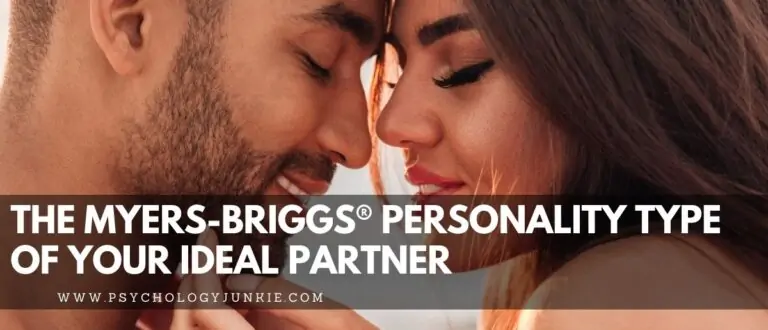
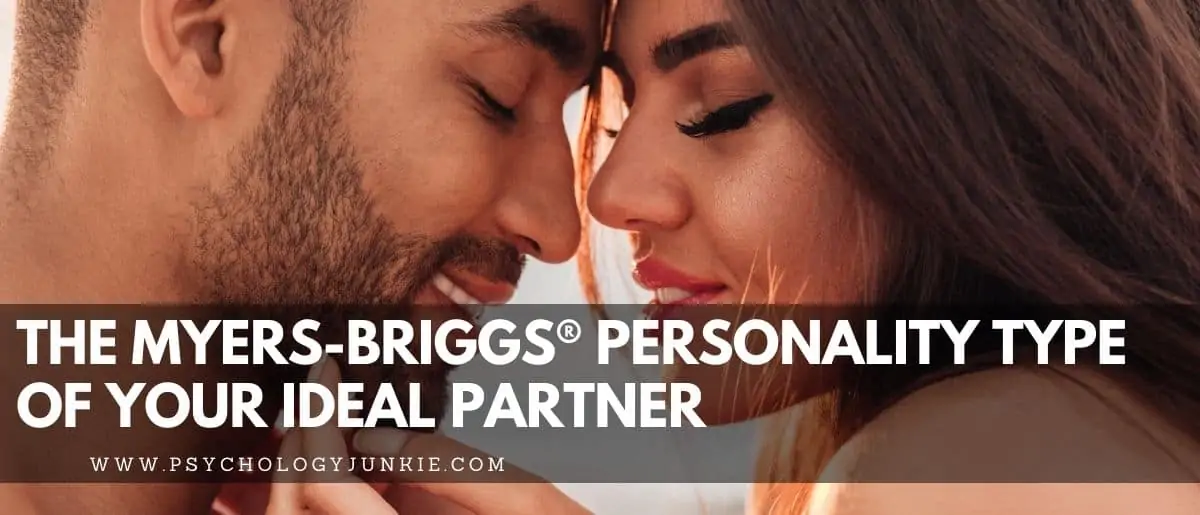




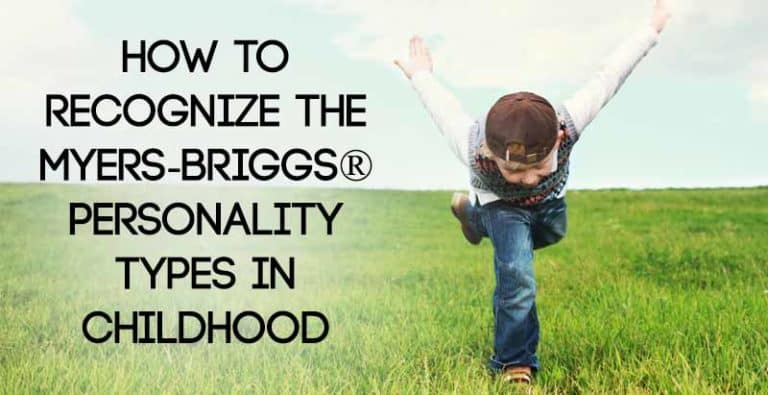
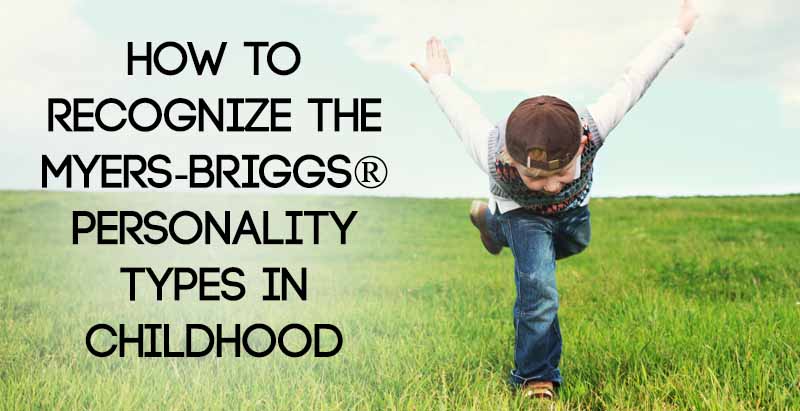
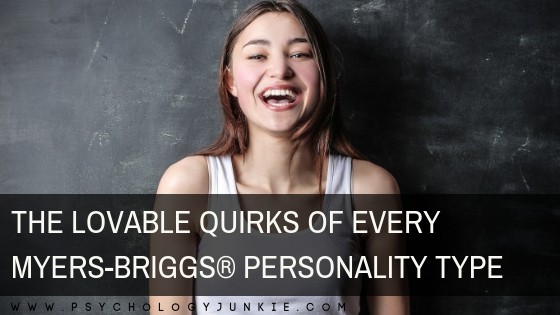
If done right it is an incredible relationship. My grandfather an INTJ and my grandmother an INFJ were together and very much in love for 60 years.
I can only hope and pray for such glorious happiness!
Isn’t it extrOvert? Infj with an intj here and actually we call me the robot haha
Actually, extravert is the more correct spelling if you’re sticking with pure Jungian psychology theory. You can find out more here: https://blogs.scientificamerican.com/beautiful-minds/the-difference-between-extraversion-and-extroversion/
I am an INFJ and my “supposed to be an ex” is an INTJ…the above description of how our relationship working and not working is so true…we have been in on and off long distance relationships for almost 3 years…we are now stuck in undefined relationships since we cannot be together but we have strong connection that made us difficult to let the other go…????????♀️
I love this article! Would you ever talk about Infp/Intj relationships as well as Infp/Enfj relationships?
Thank you so much for this article! I’m an INFJ and my husband is an INTJ. We’ve been together for 19 years and it’s been work the whole way. Everything you wrote was so very true! Every line made me think of a scenario in my relationship that it related to. We’re so perfect and yet so wrong for each other in many ways. Stubborn to the core but we always find a way to work though the issue. Thank you again, this gave me even more insight to understanding my husband!
Mandy
Rare indeed! Throughout my search high and low (I’m INFJ), only with my INTJ husband I feel the greatest. All the aforementioned great stuff are true to the bone. The bad stuff, I’m glad we’ve never had them to the crises. I learned to speak directly about what I hope from him. He learned to accommodate my feeling, which includes moodiness out of nowhere. He still hugs me with a “blank” feel, but at least he gives it whenever I need it without complaining ????
My daughter is INFJ, I am INTJ. Her process into adulthood was something wonderful while also very challenging. Now that she is mid-20s and I middle-aged, we really value our relationship. It functions best with some space. I don’t witness her “process” and she doesn’t have to deal with my trajectory analysis (lol). But we have always had a very special, very deep bond. Nobody can understand the mind of Ni but another Ni. You can study it and interview and still you are left to interpret through your own dominant lens. But we know it and she is the only other Ni I have the privilege to know. It is comforting to have someone understand you and not simply have read about you. I meet a lot of women who test as INTJ, but they do not “know” Ni. My husband is INFP and whole so accepting, he can not see the truer me, but she does. We talk about it sometimes, how lucky we are…
An intj female here. I met my infj boyfriend several months ago and i have to say it was like people call ‘love at first sight’. I’m in my late 30s, had two serious relationships (six and five years long) but never had this feeling before. How should I say? When you meet your other half. He is different but he’s like me. I think intj-infj pairings are beautiful! There is understanding from the first moment and attraction like never before. I find it interesting that the rarest type of males and the rarest type of females can create such a bond.
I’m an INTJ male and she’s INFJ. It’s been less than a year, but I’m so putting a ring on that. Every day is like day 1, it’s magic.
I’m an INFJ and my husband is an INTJ …I call him “the robot” ever since we started our relationship haha way before I knew anything about personality types. This article is great! Thank you
This article described my relationship with my friend to the T! Thank you so much for the information. I’m definitely the INFJ and he is the INTJ and I have hit a snag with understanding our relationship.
Lol, same exact situation here! INTJ Husband and I’m the INFJ! I also nicknamed him the robot hahaha! It was tumultuous in the beginning but we have gotten a lot better! Knowing and understanding our personality types has helped a lot!
Thank you so much for this article! I’m an INFJ and my husband is an INTJ. We’ve been together for 19 years and it’s been work the whole way. Stubborn to the core but there have been many a night where we would stay up until 4am talking about parallel dimensions or aliens or the string theories. I can relate to everything you wrote about. I truly appreciate you for this, i feel like I understand the inner workings of my husband a little more.
Mandy F.
I read this article because my girlfriend is INFJ and I am INTJ. This is my fifth long term relationship and by far the best. It’s incredible how in tube we are, and how she has the ability to read my emotions long before they even reach the surface. Conversely, I give her the extra ‘push’ out the door when it comes to executing on a decision. To me, she’s my true match. Thank you for the analysis.
I completely agree with this article. I am an INFJ, and my boyfriend of four years is INTJ. We did struggle with some of the negatives, such as my emotional nature, and him really being the opposite. Talking with each other logically and finding solutions together is something that I haven’t experienced in any other relationship. He helps me analyze my life choices and help me choose a path that is best suited for my success. I have encouraged him to evaluate and explain his feelings a little more by explaining how it is an essential exchange for me. We don’t try to change each other; instead, we help each other be our most successful and happy selves.
As an infj dating an intj, I can second everything in this article. Thank you for sharing this because it definitely helped me make a little more sense out of him
I’m really glad that you enjoyed it!
An INTJ here…
My INFJ partner, and I just broke up after years of being together…
One warning I have for INTJ’s getting into a relationship with an INFJ… Break ups due to emotional overload will become a regular thing if they do it even once. If they break up with you over a small issue but they have done actual issues in the past… They will keep doing it. It will become a regular thing, and it is so draining… You will stay together long enough to grow attached to them. Then… They will finally leave you, and you will break.
0/10 Would not recommend this relationship pairing…
seems so true for me as in INTJ with INFJ partner regarding breaking up matters, I break up with him on regular basis but I can’t detach completly
I began dating an INTJ person last year right before the pandemic broke off. I can second everything in this article. The connection we felt was instantaneous. While he is more the rational type and I’m a very sensitive emotional woman, we are both deep thinkers. There were days when I missed him and I really wanted to see him and he would be like “are you serious, you’re not making any sense we are in lockdown”. I thought he was being so cold, but now I understand he was looking at the situation from a logical standpoint. INTJs are so analytical they may forget it’s okay to be vulnerable and show our feelings.
I really enjoyed this post! It was very informative and I learned a lot about the INFJ and INTJ relationship. Thank you for writing it!
I’m an infj female married to an intj male for 30 years. Very valuable insight in this article! We have a lot of friendly spats (keeps things spicy😂), but our big fights, where we end up at loggerheads are always due to what was outlined here: I’m considering feelings (of others…I rarely think about my own) and my hubby goes almost entirely on logic. To me, it comes off as selfish or cold. He easily discounts others feelings as irrelevant. But I do think I am much more balanced feeling/thinking because I can always see his point, but I can usually see how it’ll come off to others. I do think this combo is a good one.